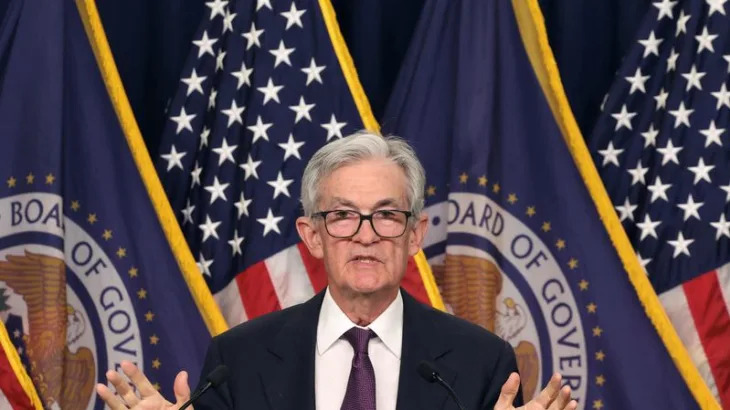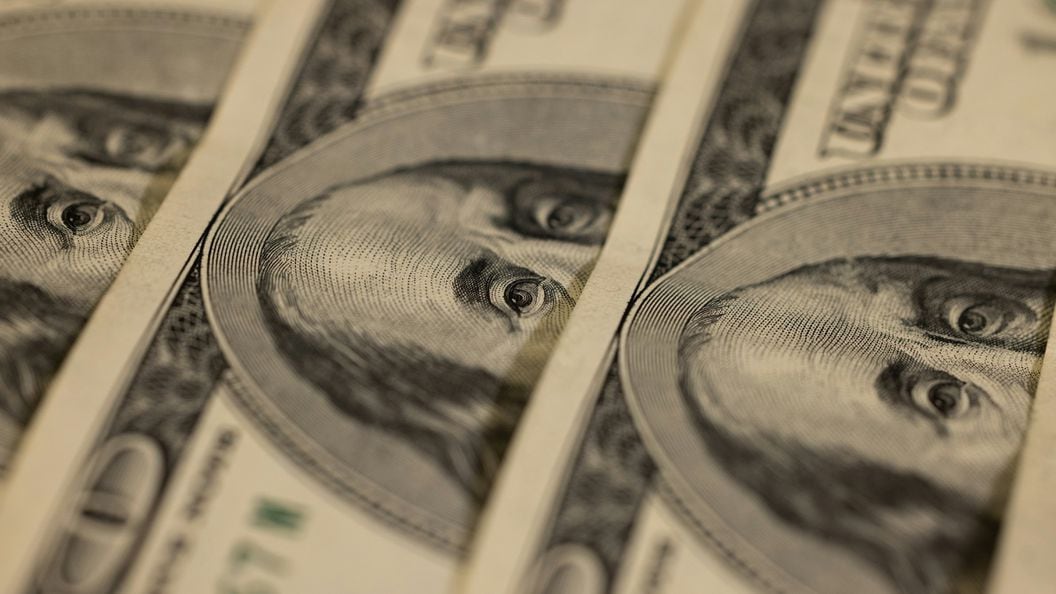Costa Rica doesn’t have any formal crypto laws. But its government and institutions are quietly letting the sector flourish.
That’s according to Jorge Eduardo Dengo Rosabal, a former deputy of Costa Rica’s Legislative Assembly who participated in the drafting of a proposed — and rejected — crypto regulation bill for the Latin American nation back in 2022.
“The best way to define the situation is that the government is carefully watching what is going on in the crypto world, but hasn't gotten its hands fully into regulation yet, although there have been some discussions around it,” Dengo told CoinDesk in an interview.
The hands-off approach is partially motivated by a desire to keep track of the various crypto experiments popping up in the Latin American country of 5.2 million people and see whether they yield positive results, Dengo said.
One such project is Pura Vida Technologies, a firm that builds bitcoin (BTC) infrastructure in Costa Rica by supporting merchant adoption, providing over-the-counter (OTC) trading services and spinning up bitcoin ATMs. Josh Pooley, the corporation’s business development manager, said that the regulatory limbo gives crypto companies a chance to prove their merits before the country makes any big decision in favor or against the industry.
“Specific members of the Legislative Assembly and of the government … they’re curious. They're watching and in regular contact.” Pooley told CoinDesk in an interview. “If we can prove that bitcoin is a net positive to Costa Rica, I think we'll see things move along a lot faster.”
Central to this state of play is Costa Rica’s constitution and civil code, explained Dengo, who is an attorney and public notary. Both documents state that, as far as private parties are concerned, any activity that is not explicitly forbidden by the law is permitted. In other words, Costa Ricans can trade and own cryptocurrencies, or provide crypto services, simply based on the fact that there aren’t any laws prohibiting it.
Costa Rica’s situation is therefore quite different from fellow Central American nation El Salvador, which under President Nayib Bukele’s leadership has adopted a regulatory framework tailored to crypto, with a focus on bitcoin as a financial asset. Nor is the regime antagonistic towards the industry in the way that the Chinese Communist Party or even the Biden administration have been. Rather, it’s comfortable with watching events unfold — and this state of affairs could persist for a while, Dengo said.
“It’s a ‘tomorrow problem.’ And by tomorrow, I mean two or three years from now,” Dengo said. “My educated guess on this matter would be that the move to regulate would probably be deeply related to the question of taxing crypto transactions.”
Legal status of cryptocurrencies in Costa Rica
The absence of crypto legislation means that Costa Ricans must rely on existing laws and institutional communiqués for regulatory guidance.
The Central Bank of Costa Rica (BCCR) declared in 2017 that cryptocurrencies — including bitcoin — could not be recognized as legal tender in the country because unlike the nation’s official currency, the colón, their monetary supplies are not controlled by the central bank. And since no other central bank in the world issues them, they cannot be treated as foreign currencies either.
This means cryptocurrencies may fall under the classification of “means of payment” and “quasi-money,” as international law firm Freeman Law has argued. Costa Rica’s labor code stipulates that assets as diverse as food or land can be used as means of payment, while quasi-money refers to highly liquid non-cash assets, like gold certificates or government-issued treasury securities.
Costa Rica only ranked 90th out of 151 countries in terms of global crypto adoption in Chainalysis’ 2024 Geography of Crypto Report, yet an increasing number of Costa Rican merchants — such as coffee shops, car washes, hotels, legal services, health and wellness centers, restaurants, tourism activities, nurseries and transportation companies — have been making use of the technology. Three provinces especially stand out in terms of adoption: the nation’s capital San José, as well as Puntarenas and Guanacaste, along the Pacific coast.
That’s not all. Cryptocurrencies, and especially bitcoin, are regularly used for real estate purposes. In fact, such transactions provide Pura Vida Technologies one of its main revenue streams. “Trading volumes at our OTC desk range from a couple hundred dollars to $750,000 a day,” Pooley said, with multiple transactions occurring each day. “My dad [Pura Vida CEO Mark Pooley], has taken point on OTC, you should see the guy's phone. It’s disgusting how many messages he receives.”
The widespread adoption of cryptocurrencies across the country could be seen as supporting a quasi-money classification. However, in 2019 the BCCR published a report in which it argued that, based on the agency’s interpretation of Costa Rica’s civil code, cryptocurrencies are a type of asset that should be considered “goods” or “property.”
The Ministry of the Hacienda — Costa Rica’s tax authority — went further in a private letter ruling from August 2023. The Hacienda’s position: Cryptocurrencies are considered virtual assets for tax purposes and can be subject to corporate income or capital gains taxes, depending on circumstances. Crypto service providers such as wallet providers, miners and exchanges must comply with various tax obligations too.
Other government entities like the National Registry (which maintains a public database of the ownership of assets nationwide) are also taking steps to accept cryptocurrencies within their own frameworks, Dengo said. In the Registry’s case, he explained, the purchase and selling of assets — like motorbikes, cars or real estate — can now be noted as having occurred through crypto means as long as both parties first register the value of the transaction in colones or U.S. dollars.
“Finding a legal qualification for a crypto asset is essential, since it gives rise to the possibility of assigning a sphere of rights to the person who owns it, as well as the legal mechanisms for its protection,” Costa Rican lawyer Carlos Astorga Cerdas and finance professor Malberth Cerdas Herrera wrote in 2023. “This qualification is imperative as long as there is constitutional protection of justice, in which all people have the right to compensation for damages attributed to their person or property.”
Costa Rica’s Crypto Asset Market Law
It’s not like Costa Rican legislators have been asleep at the wheel.
A comprehensive crypto regulation bill called the Crypto Asset Market Law was introduced at the Legislative Assembly in 2022 by deputy Johana Obando Bonilla, with assistance from Dengo, as well as deputies Eli Feinzaig Mintz and Luis Diego Vargas Rodríguez. All four are members of the Liberal Progressist Party, an opposition party which holds five of the 57 available seats in the Assembly. The bill aimed to codify the use of cryptocurrencies for the payment of goods and services in Costa Rica, but without making any of them — not even bitcoin — legal tender as in El Salvador. It tackled a range of subjects, including the legal definition of crypto assets, the registration of crypto asset service providers and their inclusion in the BCCR’s national electronic payment system (SINPE), anti-money laundering provisions and a tax regime on crypto assets.
But the bill got stuck at the commission level, meaning that most members of the Assembly haven’t had a chance to debate and vote on the proposal yet.
“The most positive aspect of the project was that it tried to regulate and define cryptocurrencies as assets that aren’t subject to taxes,” Dengo said. “But that was also the aspect that led the bill to be stopped. It was controversial for its standing on taxes. … Deputies in Costa Rica are not well versed on these matters — they do not understand how cryptocurrencies work.” Dengo, who retired for family reasons in May before his term ended, said that he doesn’t expect any kind of crypto legislature to go through the Assembly before the next legislative elections in spring of 2026. “There is no immediate political gain in trying to bring this to the table,” Dengo said. “It’s not like the vast majority of people in Costa Rica deal with cryptocurrencies. This is a very niche subject matter.”
Down the line, crypto could end up having a particularly strong impact in rural areas of Costa Rica where financial services are limited, Dengo said. The World Bank estimated in 2021 that roughly 25% of the population was unbanked and only 22% of adults placed their savings in financial institutions.
Pooley, whose efforts focus in rural areas of the Guanacaste province, agreed. “My dream is to get this entire coastline orange,” he said, referring to the color associated with bitcoin.






